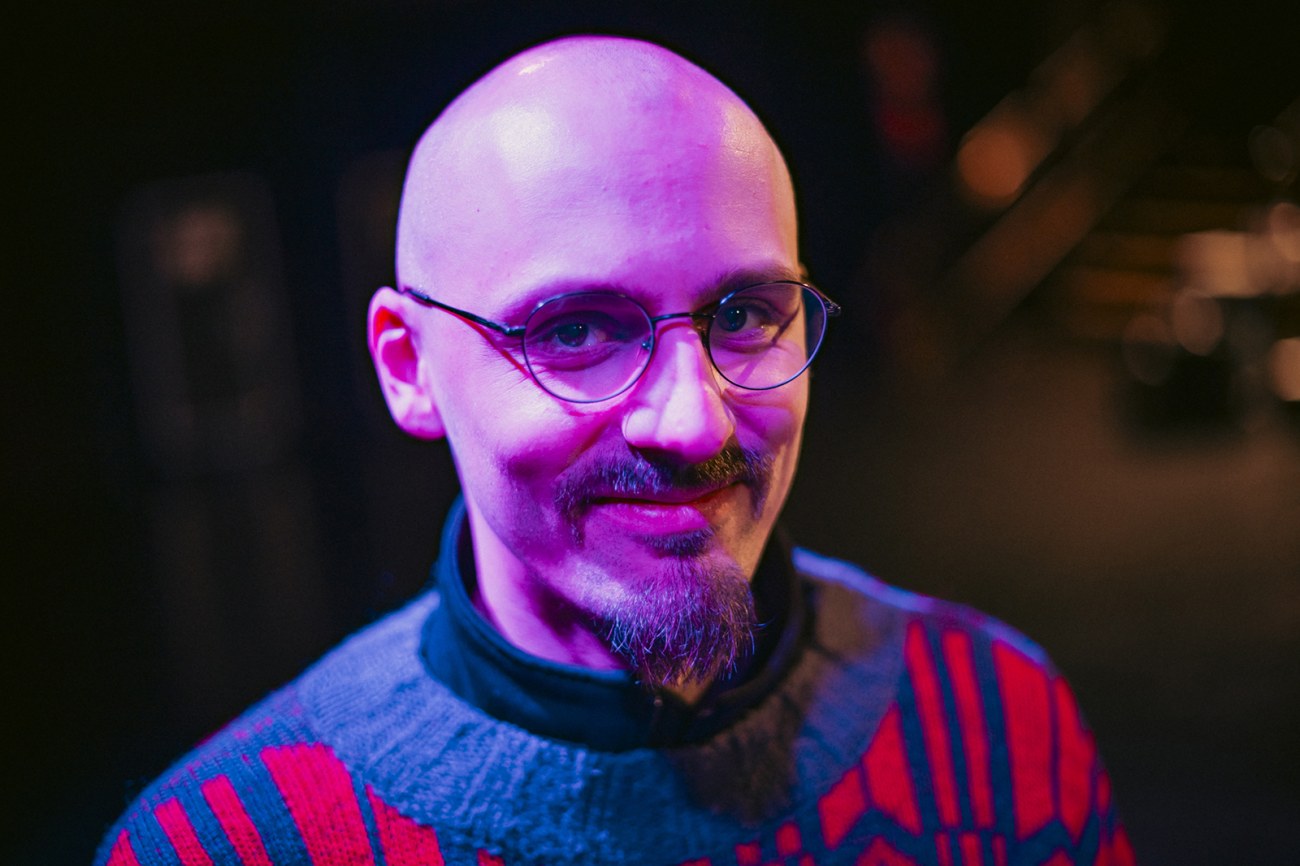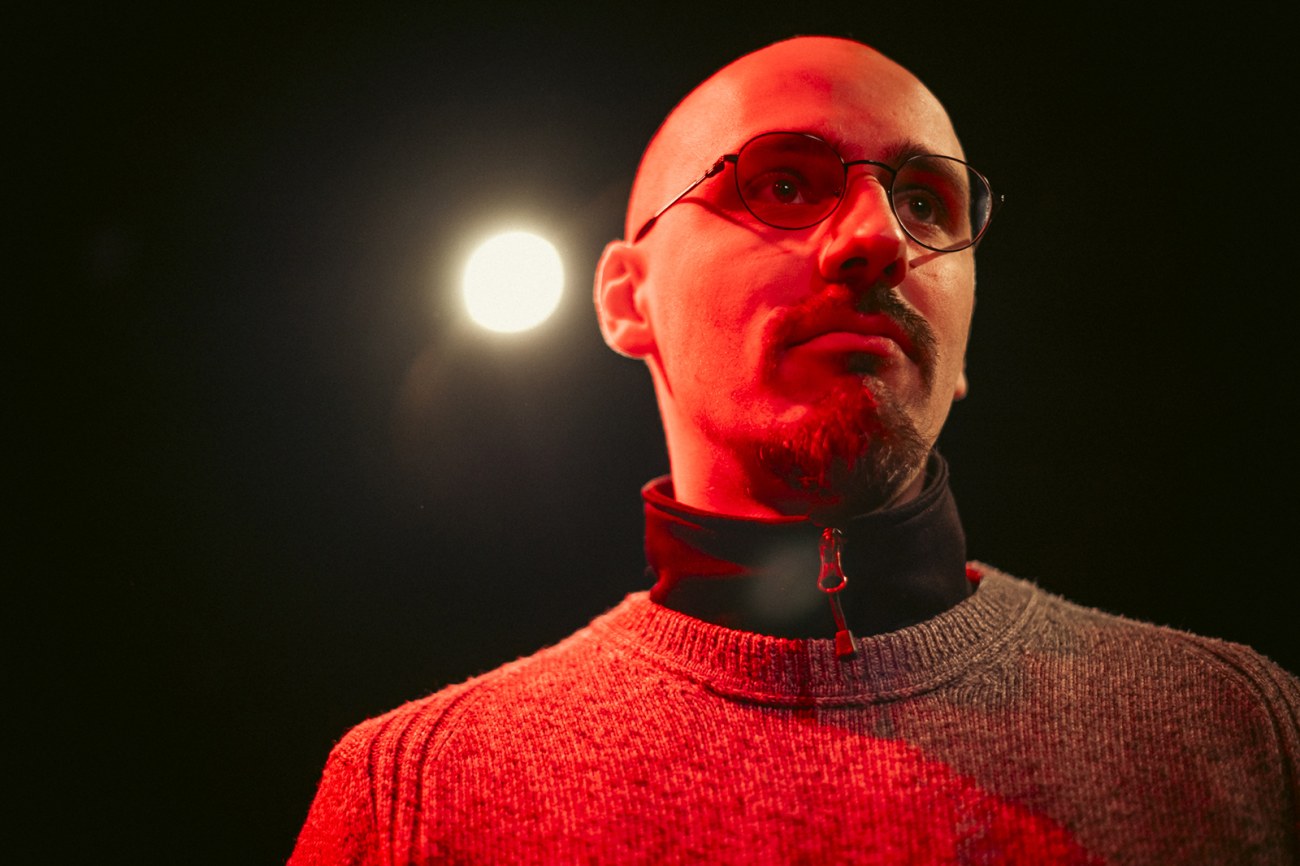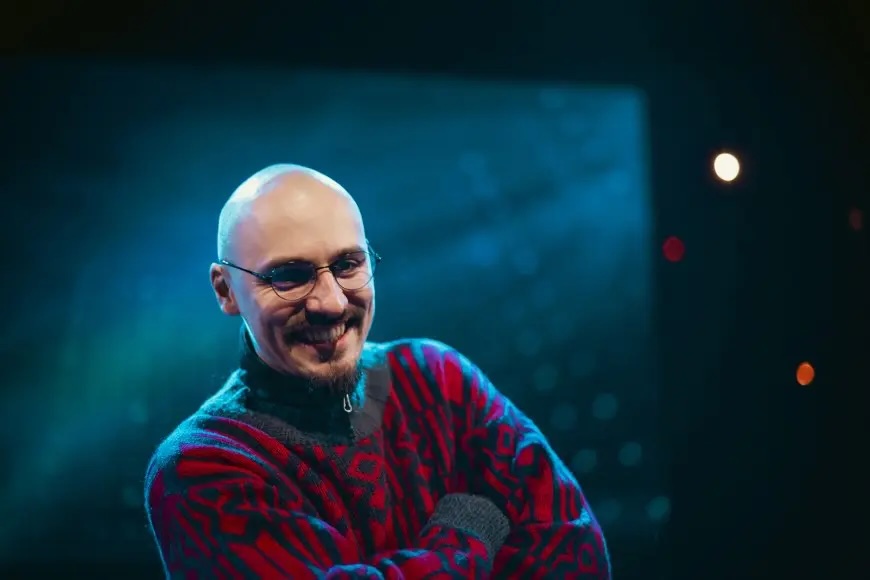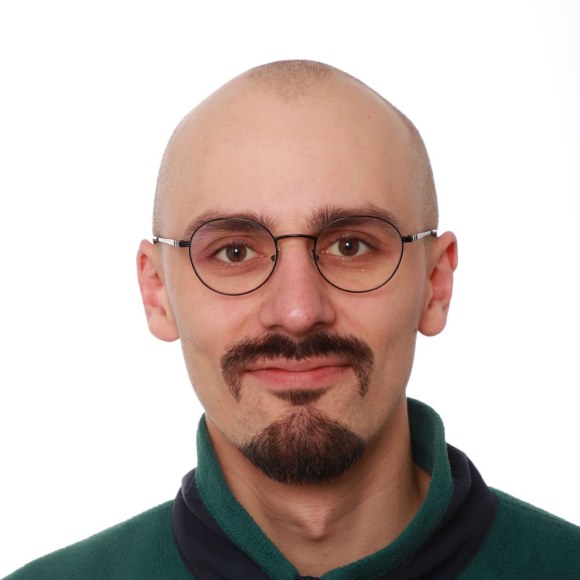In the convergence of video games, geology, and technology, Doctoral Researcher Linas Kristupas Gabrielaitis is exploring uncharted territory. A member of ‘The CONVERGENCE of Humans and Machines’ project at Tampere University, Gabrielaitis brings a multicultural and interdisciplinary approach to a field that combines the sciences and humanities in a novel way.
Gabrielaitis, 26, hails from Lithuania and holds a Master of Science in Industrial Design from Eindhoven University of Technology in Netherlands and a Master of Arts in Media Arts from Vilnius, Lithuania. His academic journey has taken him across the globe, from high school in Italy to an exchange programme in Vancouver, Canada. His diverse experiences have led to a unique perspective on the intersection of art, design, and digital media.

“Video games have always been a part of my work, knowingly or unknowingly,” Gabrielaitis explains.
Gabrielaitis’s path to joining the CONVERGENCE programme was serendipitous. “I emailed one of the professors in gamification because I liked their article,” he recalls. “They responded saying that there were available spots in the Convergence programme.”
Now, his research at Tampere University blends his passion for games with an emerging interest in geology, asking questions that push the boundaries of traditional academic fields. His work involves applying methods from geology to game studies, and vice versa – an unusual, yet captivating intersection of disciplines.
“I study games and how geology – the Earth – appears in them,” he says. In essence, his research looks at how digital environments in games can reflect or distort the representation of Earth and its ecosystems. Gabrielaitis’s work touches on both the philosophical and educational dimensions of gaming, particularly in relation to the portrayal of climate change and natural ecosystems.
He credits his interest in the relationship between technology and humanity to his early encounters with the philosophy of technology. “It raised a lot of interesting questions and thought experiments,” Gabrielaitis recalls. “Technologies are both the context and the tool for doing philosophy.” This curiosity has shaped his research, which now seeks to understand not just how technology shapes our lives but how it influences our perceptions of nature and our environment.
One of the most fascinating aspects of Gabrielaitis’s research lies in his conception of human-machine interaction. His research explores the notion of play in a broad sense— not just limited to humans. “I like to imagine that humans are not the only ones that can play. Animals like cats and ants play. But my question is, does Earth play? Can we think of our relationship to the environment – the climate, the weather – as a form of play?”
This idea ties into a broader philosophical inquiry: geoengineering, the discipline of large-scale manipulation of Earth systems, often seen in environmental efforts such as carbon capture or weather modification. Could games, Gabrielaitis wonders, be the discipline through which we explore and even interact with Earth on a similar level?
One of the more intriguing insights from Gabrielaitis’s work is how ancient craft practices, like pottery, mirror geological processes. “Pottery reproduces the temperatures and transformative power of volcanoes,” he notes. “It brings the inner power of Earth’s volcanoes into the centre of town, integrating it into our everyday lives. This is provocative because it highlights how we are not just living on Earth, but are a part of its processes – sometimes even replicating them.”
His involvement in Tampere University’s CONVERGENCE project has allowed him to take his research in new directions, leveraging the multidisciplinary environment to refine his ideas. The CONVERGENCE project is an ambitious initiative that brings together experts in fields such as affective computing, gamification, augmented reality, AI, and machine learning.

Despite the exciting possibilities of his research, Gabrielaitis acknowledges that there are challenges— notably, the complexities of academic writing. “My biggest challenge is to learn writing,” he admits. “I want to develop games as a way to express research, but words and language are still necessary for science communication.” This struggle reflects his broader question: can games themselves be a method of doing science, not just a subject of study?
Gabrielaitis’s work at Tampere University is helping to chart the course for new ways of thinking about games, technology, and the world around us. Whether by developing new educational tools or fostering philosophical reflections on our environment, his research holds implications for the way we understand and engage with both virtual and natural worlds.


